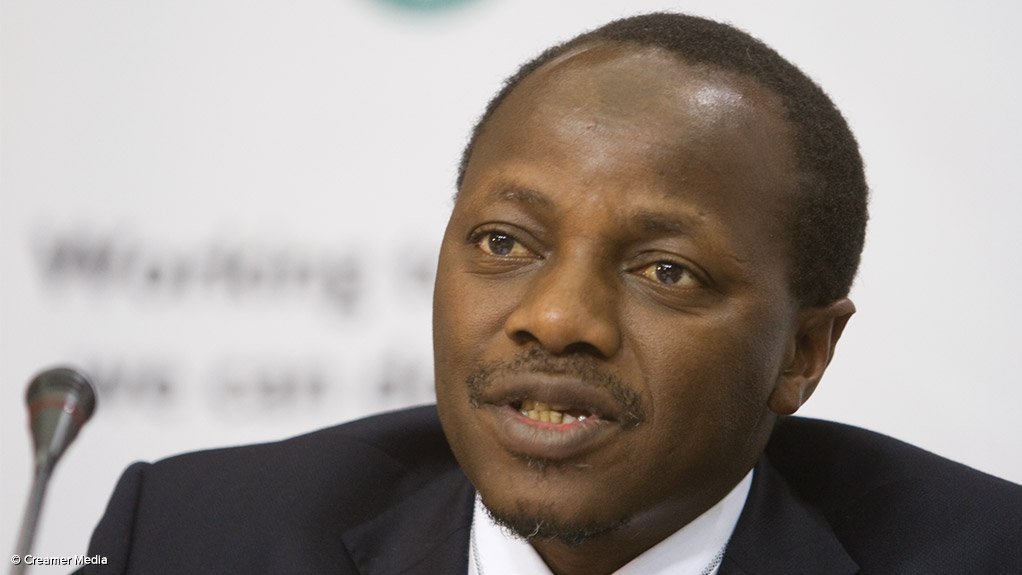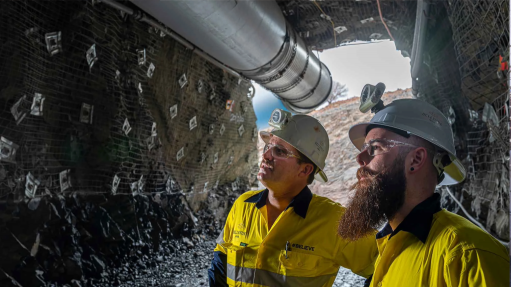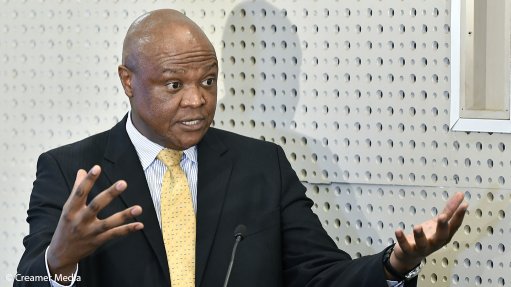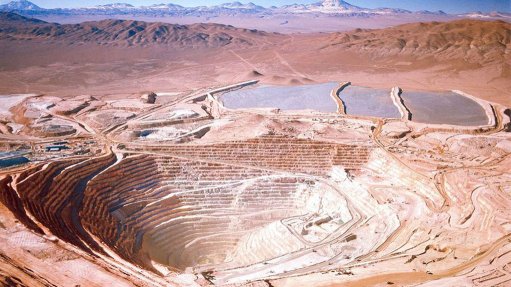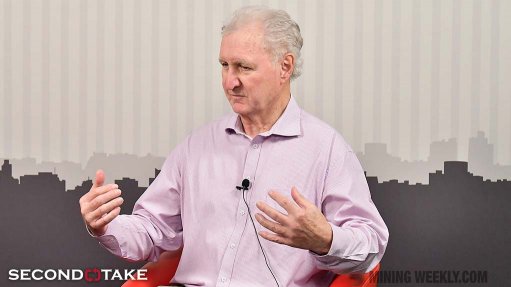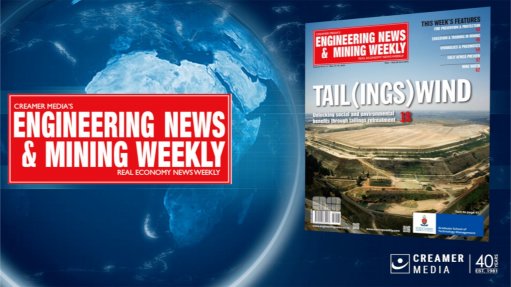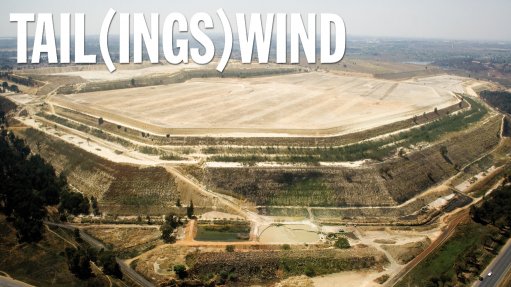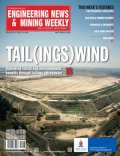Amid growing labour-market strife, calls made for Nedlac review
The South African government has hit out at those calling on it to play a more direct role in the resolution of increasingly violent industrial-relations disputes, saying institutions have been created to deal with such disputes. But it acknowledges that the labour-relations climate is currently more adversarial than during any other time since 1994 and it is, thus, necessary to rethink the collective-bargaining framework, as well as review the structures designed to facilitate social dialogue.
Addressing the eighteenth summit of the National Economic Development and Labour Council (Nedlac), in Johannesburg, Minister in The Presidency Collins Chabane said unwarranted intervention by government in industrial-relations disputes carried the “danger of undermining the very institutions it created in the first place”. Nevertheless, he accepted that the labour environment had become increasingly conflictual and violent, which was placing strain on the economy.
Labour Minister Mildred Oliphant added that the rise in unprotected strikes meant “we need to go back to the drawing board and revisit the collective-bargaining framework and begin to ask tough questions”. However, she stressed that social dialogue remained a key means through which government hoped to achieve social and economic progress.
The Department of Labour’s Industrial Action Report 2012 indicated that there were a total of 99 strikes in 2012, up from 67 in 2011, 74 in 2010 and 51 in 2009. Some 3.3-million working days were lost along with R6.6-billion in wages.
Industrial action during 2012 was also associated with heightened levels of violence, particularly in the mining industry, which saw 44 miners and security personnel killed as a result of violence arising during a strike at Lonmin’s Marikana mine, in the North West province.
Chabane questioned whether the successes achieved hitherto through social dialogue might not be unravelling, arguing that the social partners seemed to be placing less store by such dialogue and on institutions such as Nedlac. “The recent outburst of adversarialism in the labour market should not have been visited upon a country with such a rich history, and institutions, of social dialogue,” he argued.
During recent engagements with mining stakeholders questions had been raised about whether Nedlac had run its course and whether it wasn’t a twentieth century solution for twenty-first century problems. There had also been a proliferation of organisaitons and interest groups that were seeking to bypass Nedlac in favour of direct interactions with government.
Chabane said those calling for a review of Nedlac’s role and mandate “may be correct” and that, while government still saw a real need for the institution, there “is probably justification for revisiting the mandate and areas of focus”.
“The sell-by date of institutions is not written anywhere, but when more and more people start experiencing diminishing returns, it is time to review.”
However, executive director Alistair Smith argued that the current problems being experienced by Nedlac had less to do with its mandate than with the fact that too few financial and human resources had been invested in the institution to enable it to carry out its role.
Smith pointed to an improvement in turnaround times in stakeholder negotiations surrounding key socioeconomic policy and legislation ahead of Parliamentary processes, as well as to better organisational efficiencies, which had been highlighted in the Auditor-General’s audit of the organisation.
“There is a clear recognition that we need to strengthen the secretariat and the ability of the secretariat to facilitate dialogue in a much more complex and dynamic environment. But if we are honest, we will have to acknowledge that we have treated this very cherished democratic space a little bit like a stepchild in terms of the resources [directed towards it].”
Organised labour’s Nedlac spokesperson leader Bheki Ntshalintshali, who is the Congress of South African Trade Union’s acting general-secretary, argued that part of the problem lay with the juniorisation of delegates seconded by the social partners to participate in Nedlac structures.
Business Unity South Africa CEO Nomaxabiso Majokweni, on the other hand, questioned how it had come about that, despite institutions such as Nedlac, South Africa had descended to last position on the World Economic Forum’s latest global competitiveness index in the area labour-employer relations.
“We are all aware that Nedlac was set up during a particular epoch in the evolution of our democracy. With our society and our economy having developed to where we are today, could a case be made to revisit the institution’s mandate and focus?” Chabane mused. Nedlac was launch in February 1995.
He noted that it had become clear from government’s recent bilateral engagements with various social partners that Nedlac was no longer seen as the “epicentre of policy engagement”.
However, institutionalised social dialogue under the auspices of Nedlac remained an important and indispensible tool for transparency and participation in policy formulation, he added.
Comments
Press Office
Announcements
What's On
Subscribe to improve your user experience...
Option 1 (equivalent of R125 a month):
Receive a weekly copy of Creamer Media's Engineering News & Mining Weekly magazine
(print copy for those in South Africa and e-magazine for those outside of South Africa)
Receive daily email newsletters
Access to full search results
Access archive of magazine back copies
Access to Projects in Progress
Access to ONE Research Report of your choice in PDF format
Option 2 (equivalent of R375 a month):
All benefits from Option 1
PLUS
Access to Creamer Media's Research Channel Africa for ALL Research Reports, in PDF format, on various industrial and mining sectors
including Electricity; Water; Energy Transition; Hydrogen; Roads, Rail and Ports; Coal; Gold; Platinum; Battery Metals; etc.
Already a subscriber?
Forgotten your password?
Receive weekly copy of Creamer Media's Engineering News & Mining Weekly magazine (print copy for those in South Africa and e-magazine for those outside of South Africa)
➕
Recieve daily email newsletters
➕
Access to full search results
➕
Access archive of magazine back copies
➕
Access to Projects in Progress
➕
Access to ONE Research Report of your choice in PDF format
RESEARCH CHANNEL AFRICA
R4500 (equivalent of R375 a month)
SUBSCRIBEAll benefits from Option 1
➕
Access to Creamer Media's Research Channel Africa for ALL Research Reports on various industrial and mining sectors, in PDF format, including on:
Electricity
➕
Water
➕
Energy Transition
➕
Hydrogen
➕
Roads, Rail and Ports
➕
Coal
➕
Gold
➕
Platinum
➕
Battery Metals
➕
etc.
Receive all benefits from Option 1 or Option 2 delivered to numerous people at your company
➕
Multiple User names and Passwords for simultaneous log-ins
➕
Intranet integration access to all in your organisation



